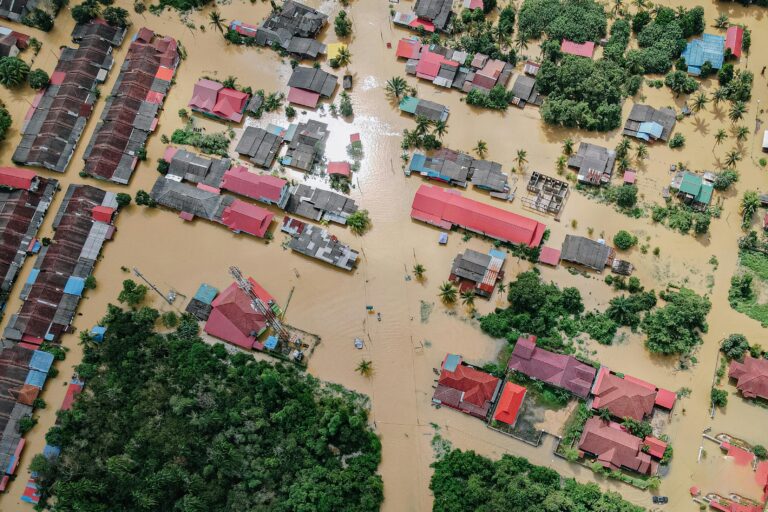Articles
Bridging Thailand’s climate adaptation finance gap
By many accounts, Thailand consistently ranks among the most vulnerable countries in the world to climate change. The oft-cited Global Climate Risk Index by GermanWatch ranked Thailand’s long-term climate risk in 2021 as 9th in the world. Thailand is one of the 10 most flood-affected countries in the world, and the risks it faces are […]
Do carbon credits make a difference?
At COP29 in Baku, carbon credits ignited intense debate from the very start. While Azerbaijan, the host nation, celebrated progress on Article 6, climate justice groups criticised carbon markets for enabling major polluters to continue emitting greenhouse gases. A carbon credit represents the right to emit one metric tonne of CO2 equivalent or an equivalent […]
The promise and peril of green bonds
Once occupying a tiny fraction of global financial markets, “green bonds” have grown exponentially in the past decade to become one of the world’s fastest-growing asset classes. In February 2024, Bloomberg reported that total impact bond issuance — a catch-all word to include green, social, sustainability, and sustainability-linked bonds, but more on these later — […]
Pushing banks towards green finance
In an earlier article in this space, I mentioned that “the Bank of Thailand should integrate [Thailand] taxonomy into its reporting and disclosure regulations for the financial sector, as the EU has done, because the public scrutiny of activities in the banking sector can and should be part of the learning process on the journey towards greener finance”.
Next steps for Thailand Taxonomy
As demands for climate finance increase with the tangible impacts of climate change, people increasingly look to the government and various regulators to establish and upgrade a more effective combination of rules, regulations and market-based mechanisms to spur investments at a scale that is commensurate to our needs.
Thailand’s cloud dream cut short by its energy policy
Despite successfully wooing big tech companies such as Microsoft to invest in a new data centre, Thailand’s aspiration to become Southeast Asia’s hub for cloud computing might just be a pipe dream. A major hurdle is its outdated energy policy.
Unplugging the electricity monopoly
hailand’s electricity prices remain stubbornly high, burdening consumers and businesses alike. The current and former governments have tried to tackle this problem without much luck. Subsidies are a short-term tonic, but they have created new financial burdens. It is about time to ask what makes electricity costs so high and what needs to be changed at a fundamental level.
Climate risks threaten Thai economy
Last month, our Climate Finance Network Thailand (CFNT) network hosted a webinar titled “Time to Act: Looming Climate Impacts on Thailand’s Financial Sector”. Our highlight was our guest, Dr Kannika Thampanishvong, section head at the Puey Ungphakorn Institute for Economic Research, who told us about how finance professionals view climate change and how economists prepare to deal […]
The twin challenges of ‘climate finance’
As I am writing this in early August, climate finance is becoming a trendier topic in Thailand’s financial and business sector. I suspect this is partly due to two recent developments: the upcoming Climate Change Act (the draft of which is making the rounds via public hearing sessions), and the Excise Department’s announcement in June […]









